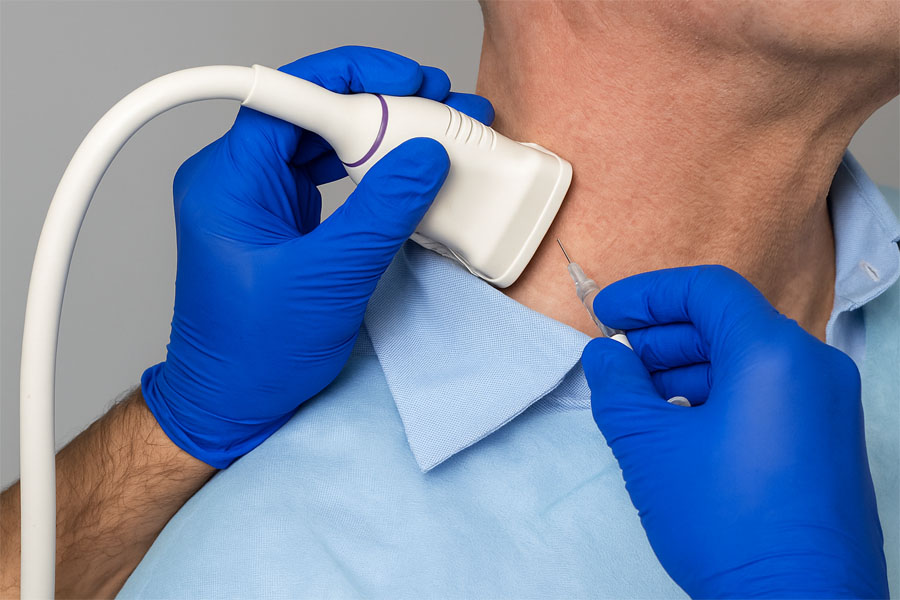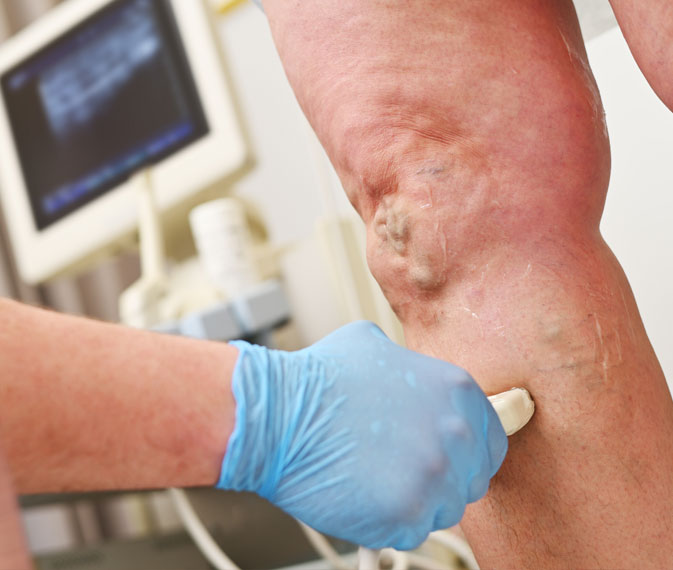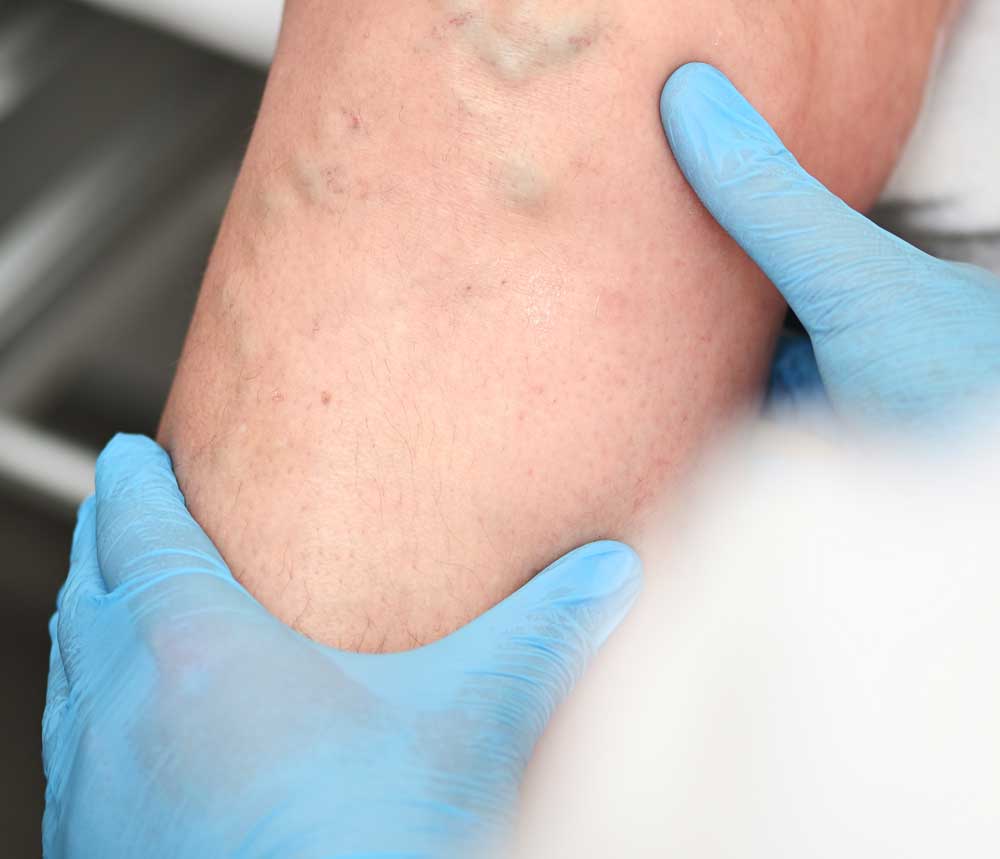Carotid Artery Health Screening in Indiantown, FL: Early Detection Matters

Maintaining cardiovascular health is vital, and one essential preventive step is Carotid Artery Health Screening. This screening identifies potential blockages in the carotid arteries before they lead to serious complications such as strokes. Early detection can make a significant difference because it allows healthcare providers to intervene promptly, often preventing irreversible damage.
Moreover, many individuals may not notice symptoms until the condition becomes severe. Consequently, proactive screening is essential, especially for adults over 50 or those with risk factors like high blood pressure, high cholesterol, diabetes, or a family history of heart disease. By undergoing regular Carotid Artery Health Screening, patients can take control of their vascular health and reduce the risk of life-threatening events.
Why Screening Matters
First and foremost, the carotid arteries are responsible for supplying oxygen-rich blood to the brain. If plaque builds up in these arteries, it can restrict blood flow or cause a clot, leading to a stroke. Therefore, identifying blockages early is critical.
In addition, screening is non-invasive, quick, and painless. Technologies such as ultrasound allow doctors to visualize the arteries and detect issues without the need for surgery. Furthermore, knowing your risk enables you and your healthcare provider to develop a personalized plan, which may include lifestyle changes, medications, or more advanced treatments if necessary.
Who Should Consider Screening
While everyone can benefit from understanding their vascular health, certain groups are at higher risk. Adults over 50, individuals with high blood pressure, diabetes, or high cholesterol, and those with a family history of stroke should particularly consider Carotid Artery Health Screening. Additionally, people who smoke or lead a sedentary lifestyle may face an increased risk, making early detection even more important.
It is important to note that screening is not only for those experiencing symptoms. In fact, most patients do not feel any discomfort until a serious problem develops. Therefore, regular check-ups and timely screening serve as a proactive approach to maintaining long-term health.

Symptoms to Watch For
Although carotid artery blockages can develop silently, certain warning signs should prompt immediate medical attention.
These include:
- Sudden weakness or numbness in the face, arms, or legs
- Difficulty speaking or understanding speech
- Sudden vision problems in one or both eyes
- Severe dizziness or loss of balance
- Sudden, severe headache
Recognizing these symptoms early and following up with Carotid Artery Health Screening can be life-saving.
The Screening Process: What to Expect
Many patients wonder what Carotid Artery Health Screening involves. Typically, the process includes:
- Medical History Review: The doctor assesses risk factors such as age, family history, and lifestyle habits.
- Physical Examination: Checking for signs such as abnormal sounds in the neck arteries (bruits).
- Ultrasound Imaging: A painless, non-invasive test that uses sound waves to visualize the carotid arteries.
The procedure is quick, usually taking 15–30 minutes, and most patients can resume normal activities immediately afterward.

Benefits of Early Detection
Early detection through Carotid Artery Health Screening offers multiple benefits. Firstly, it can prevent strokes and other serious complications. Secondly, it provides peace of mind. When patients know their vascular status, they can make informed decisions regarding lifestyle, diet, and medical care.
Moreover, early intervention is often simpler and less invasive than treating advanced carotid artery issues. For example, lifestyle changes, medications, or minimally invasive procedures may suffice if blockages are detected early. On the other hand, delayed detection may require more complex surgeries with longer recovery times.
Lifestyle Changes to Complement Screening
Screening is just the first step in maintaining vascular health. In addition, patients can adopt healthy habits to reduce the risk of carotid artery problems:
- Healthy Diet: Focus on fruits, vegetables, whole grains, and lean proteins while limiting saturated fats and sugars.
- Regular Exercise: At least 150 minutes of moderate exercise per week helps maintain healthy blood flow.
- Quit Smoking: Smoking is a major risk factor for arterial plaque buildup.
- Manage Blood Pressure & Cholesterol: Regular monitoring and medication, if prescribed, can prevent complications.
Combining lifestyle changes with regular Carotid Artery Health Screening provides the most effective approach to long-term cardiovascular wellness.
Advanced Treatment Options
If screening detects blockages, several treatment options are available. Depending on the severity, doctors may recommend:
Medication: To reduce cholesterol, manage blood pressure, and prevent blood clots.
Minimally Invasive Procedures: Such as angioplasty or stenting to open narrowed arteries.
Surgery: In severe cases, carotid endarterectomy may be performed to remove plaque.
Early detection ensures that treatment is more effective and less risky, highlighting the importance of regular screening.

Conclusion
In conclusion, Carotid Artery Health Screening is a vital tool for preventing strokes and maintaining overall cardiovascular health. Since many arterial problems develop silently, early detection is essential. Consequently, adults in Indiantown, FL, particularly those with risk factors, should consider regular screenings. By doing so, you not only protect your health but also gain valuable peace of mind knowing that you are taking proactive steps to safeguard your future.
Remember, health is wealth, and taking preventive action today can prevent life-altering complications tomorrow.
Designed by Tatem Web Design LLC.
